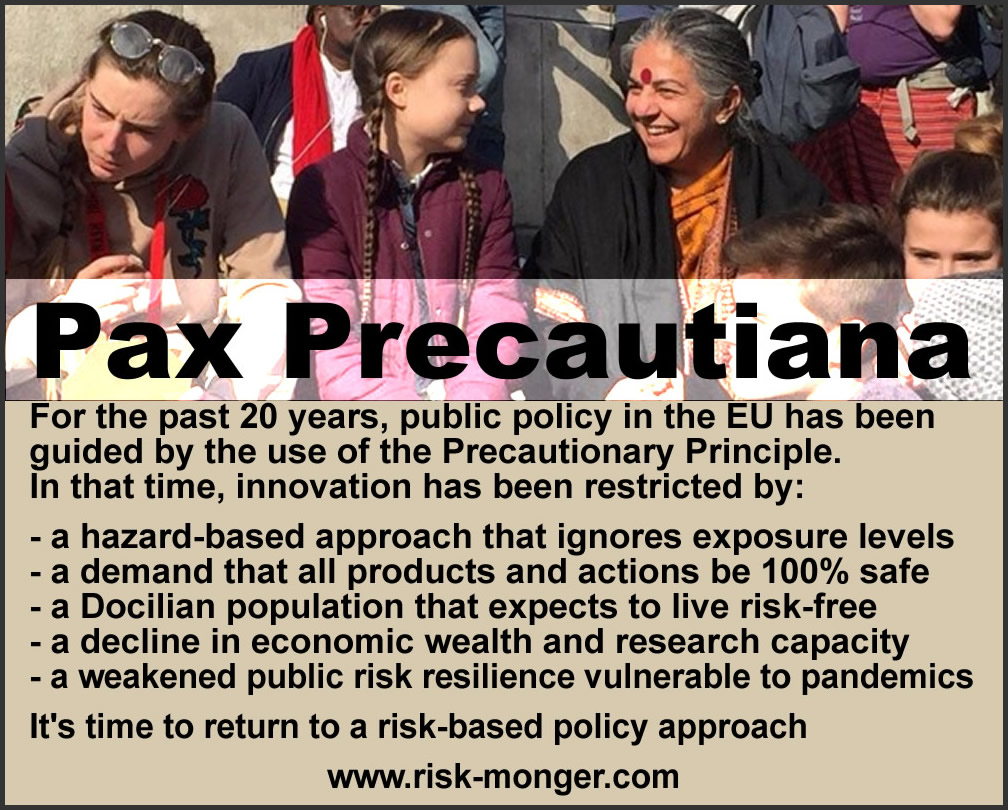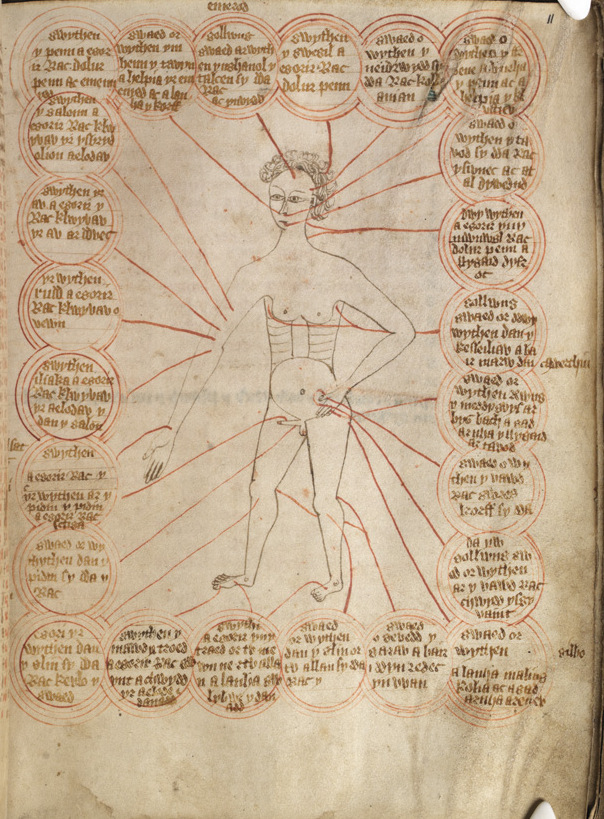Our Western leadership has failed miserably at managing the risks of the COVID-19 coronavirus. Not one government in Europe or the Americas can claim a single success in protecting their populations not only from the pandemic but also from the consequences of their botched lockdown measures. The bumbling, stumbling farce that has become our government reactions could be likened to the Keystone Kops: falling all over themselves, frenetically failing and getting up to trip once again. For my 2020 year-end review, I am cataloguing many of the KeystoneCorona crises caused by the failure of our authorities to implement basic risk management tools. Part 8 of this series looks at why our authorities are failing to see how they are failing. They have blinders (UK: blinkers) on as they relentlessly march forward (over a cliff).
What do you do when you don’t know what is going on? The advice I give to my students involves the following six steps:
- Stop what you’re doing and gather information
- Benchmark against what others are doing
- Critically assess the situation according to your interests and objectives
- Analyse the best scenarios and rationally determine your strategy
- Execute via the most productive ends-driven approach
- Evaluate, iterate, redeploy – continuously improve and innovate.
This is a basic risk management mentality – something anyone in a company, a lab or a farm intuitively understands … but apparently not grasped at all by anyone in government, NGOs or the media.
So what did Western governments do last March after two months of dithering at a time of pandemic uncertainty? They stopped what they were doing … lockdown. That was it. They did not benchmark against the pandemic management success stories seen in China and South Korea. When the infection numbers went back up again in the autumn, their solution was … more lockdowns. Lockdowns seemed to be the only strategy our authorities deployed and their iterations and innovations seemed to only be on how to tighten controls (travel bans, curfews, school limitations …). That was the extent of what precautionistas think risk management is. There seems to be an incapacity to see any other strategy. They have blinders on.
Precautionary Blinders

For the last two decades, western risk managers have seen the world through precautionary blinders. Two decades of governments being influenced by environmental health activists have created a management reflex: If there is a hazard, if there is something uncertain, if there is a potential harm, then remove it, ban it, seek safety. This is how Western governance has learnt to operate: if you are not certain about the safety of nuclear reactors, decommission them; if you cannot prove a chemical is not carcinogenic (the dose level doesn’t matter), ban it; if you cannot contain a virus, lock everyone down. The risk management dictums: Keep out of reach of children or Handle with care! are no longer used. In a risk-free world, if you cannot guarantee that something is 100% safe, don’t even think about tolerating it. I have referred to this as the poison of precaution.
I have criticised the Extinction Rebellion and Gretista crowds for providing hazard-based withdrawal solutions for the climate threat (stop industry, agriculture, flying and driving … stop capitalism). People with blinders on don’t see the science and innovation-based alternatives for climate issues – instead they call me a “climate change denier“. I have criticised the precautionary solution to the coronavirus pandemic of locking everyone down, strangling the economy and imposing enormous suffering on the public. People with blinders on don’t see the risk management alternatives – instead they call me a “COVID-19 denier“.
People with blinders on don’t see the consequences around them, only the uncertainty in front of them.
People with blinders on don’t see the benefits of innovation, only the risks of failure.
People with blinders on don’t see the potential opportunities, only the return to some past ideals.

For the past 20 years, European authorities have been willingly wearing these blinders. We are losing our innovators and entrepreneurs to other continents; we are losing our industriousness, opportunity and prosperity; we are losing our culture of free-thinking leaders solving problems. We should have been ready for this coronavirus crisis. Europeans had enough time to analyse the problem, prepare and protect populations with innovative solutions and lead with science and technology. Instead we closed borders and then locked everyone down, point.
The entrepreneurial, problem-solving culture still survives today … in Asia.
“More blood!”

If you are blinded by some approach, you can’t easily step out of your biased mindset and take other perspectives. I liken it to medieval medicine where there was some healthcare success in bloodletting and it fit the cultural narrative that ill-health came from bad humours in your body. For more than 1000 years, the solution to any ailment then was to draw blood. Still sick? More blood. As the body drains of blood, at what point should you question whether the remedy isn’t the problem? At what point into our economic, social and healthcare collapse do we realise the precautionary bloodletting has drained Western civilisation of its opportunities and future?
The Naturopath Blinders see the decline in EU agricultural production as necessary; they add that systematically banning crop protection tools will lead to the production of a higher quality, “natural” food (and, in any case, we should go meat-free). The Energy Blinders see power cuts and increased utility prices as an inevitable step in the shift to renewables and claim less industry and manufacturing will stop climate change. Lockdown Blinders see the increasing coronavirus death toll, challenge the consequences, blame people who don’t follow the rules and claim we are moving to a better, smaller and slower post-industrial world. At each step in these precautionary failures to achieve their goals, I can only hear their calls for “More blood!“.
I once said the only way we would be able to break free from the fear-based precautionary mindset was for the bodies to start piling up. In 2020 they did pile up and the only thing our authorities could do is call for more precaution. When Ursula von der Leyen sees suffering and economic collapse in her COVID-ravaged Europe, her Green Deal Blinders can only send her in one direction: “More blood!“
Rotate the Neck
We’re all wearing blinders of some form (including the author of this piece). We are often born into them. Can they be removed? How? The first step is perhaps to rotate the neck to broaden our scope of perception. Maybe loosen the harness as well.
But we’re in a pedagogic tunnel where we’re not taught to ask (non-binary) questions. We’re using a technology that sorts us into our tribes that prevents us from being challenged. Our social media echo-chambers allow us to see only what the algorithms expect we want to see … those blinders are slanting ever more inwards. Worse, in the present affluent Western culture of entitlement, we expect others to agree with us. Time was we would hear other views, engage in dialogue with (ie, listen to) those who had other views. Now we report them to twitter. Intolerance begets intolerance and this only tightens the blinders.
So how do we rotate the neck?
I train wolves for a living. Wolves have to spot opportunities from all directions. They have very flexible necks and clear visions. So let’s go back to the beginning of this article, to the lessons I teach the next generation of entrepreneurs. I tell them to look around, benchmark, critically assess the situation, analyse all the scenarios, execute and then iterate (continuously). It is hard to do that with blinders on. Blinders are designed by those wanting to restrict the wolves, the risk-takers, the entrepreneurs … but once hungry minds taste the mutton of opportunity, the blinders fall right off.
Docilians keep their blinders on – they look in only one direction and have learnt to despise those who benefit from opportunities. Throughout this pandemic these sheep have been waiting for someone to take them back to their precious “normal” – their affluent, comfortable world. There are very few wolves finding the opportunities, executing and leading.
Please take the blinders off, look around and critically assess the situation. Learn to manage risks rather than run from them. We already have too many sheep.
——
RM note: In early February, I will publish a more detailed tomb on this last section entitled “On Sheep and Wolves”. This was just a teaser.
Great article.
This article makes me think about Owls.
What would be the purpose of blinders on an owls who can rotate their heads 270 degrees in each direction?
LikeLike